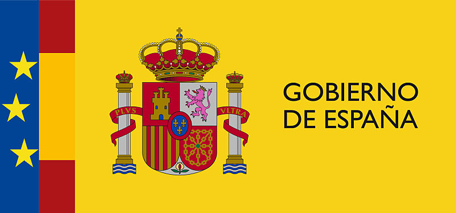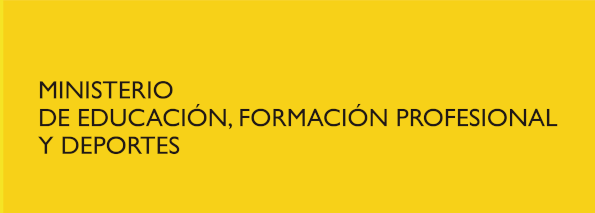Equality in Sport Observatory
-
Its main objective is to make a diagnosis of progress in equality in sport and to take appropriate measures to ensure real and effective equality between women and men and to integrate disability.
-
It consists of representatives of the Higher Council of Sports, the Ministry of Equality - through the Women's Institute - and nine ministries with competence in the field of equality.
-
Dr. Payoshni Mitra, CEO of the UNESCO Global Observatory for Gender Equality & Sport, and María Martín, former Olympic gymnast and PhD in Physical Activity and Sport Sciences, participated in their inaugural meeting.
Madrid, 18 May 2022. – The Higher Council of Sports (CSD) hosted the constituent meeting of the Observatory on Equality in Sport this morning. A pioneering, government-driven inter-ministerial initiative to promote real and effective equality between women and men in the sports field and to remove obstacles to the equality of high-level athletes with disabilities.
Approved by the Council of Ministers in December 2020, the Observatory will make it possible to make a reliable and valid diagnosis of policies and progress on equality in sport and, consequently, to put forward appropriate measures to combat any type of discrimination on grounds of sex, to ensure equal treatment and opportunities and to increase the presence of women in all areas of sport.
“This is a historic moment,” stressed Bárbara Fuerte, Deputy Director-General for Women and Sport of the CSD and Vice-President of the Observatory, who has been in charge of developing its operation and roadmap for the coming months. Fuerte stressed that the Observatory “starts with concrete measures that are already being implemented”, such as a specific publicity campaign, a study on the presence of female athletes in the media and subsidies for federations to promote their own equality plans.
For her part, the Assistant Director-General of Programs of the Institute of Women - of the Ministry of Equality, Ana Varela, who assumes the second vice-presidency of the Observatory, has highlighted the importance of its constitution, since sport “is in itself a tool to achieve equality in the other spheres of life”.
Eleven involved ministries
The Observatory on Equality in Sport, which is chaired by the head of the Directorate-General for Sports of the CSD, consists of two vice-chairmen, a secretariat and nine members, representing each of the ministerial departments with competence in the field of gender equality and opportunities. These ministries are those of Foreign Affairs, European Union and Cooperation; Defence; Education and Vocational Training; Labour and Social Economy; Industry, Trade and Tourism; Social Rights and Agenda 2030; Science and Innovation; Consumption; and Universities.
The Observatory will meet at least twice a year, although it will work continuously through a digital platform, where all the information, studies and regulations that are being generated will also be flown. It will also have the input of external experts and evaluators, and will advance in the coordination of international policies with bodies such as the International Working Group on Women & Sport (IWG) or the Ibero-American Network of Women and Sport.
In addition, at least one annual report on the activities carried out during the previous year will be prepared and published on the website of the Higher Sports Council.
Activist Payoshni Mitra and former gymnast María Martín, honorary guests
The inaugural meeting of the Observatory on Equality in Sport at CSD was attended by Dr. Payoshni Mitra, CEO of the Global Observatory for Gender Equality & Sport - established by UNESCO in 2021 and based in Lausanne - and director of the Centre for Sport and Human Rights, based in Geneva.
Prominent champion of the rights of athletes, with a special focus on Asia and Africa, Mitra highlighted the “intersectionality of the Observatory”, taking into account an area such as sport practiced by people with disabilities, and expressed her willingness to “collaborate in the future with the Observatory you are building”.
Maria Martín, former rhythmic gymnast participant in the Seoul 1988 Olympic Games and champion of Spain in honour category in 1987 and 1988, also participated in this first session of the Observatory. Doctor in Physical Activity and Sport Sciences, explained that, “if we talk about gender equality in sport, we have to remember that Spain is a reference in Europe, and in this the CSD has played a key role”.
In addition to welcoming the fact that the Observatory “makes sport more accessible to men and women in all its diversity”, Martín has highlighted the future role of the new Sport Law – currently in the parliamentary process – as a “framework that aims to eliminate discrimination”, as well as Spain’s attachment to European strategies on gender equality.



